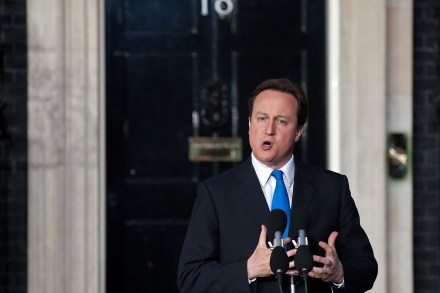Court rejects Qatada’s bid for freedom
Abu Qatada has just lost his bid in the High Court to be released from prison immediately. He had tried to argue that it was a breach of his human rights to be held in prison ahead of the court hearing in October which will decide whether he should be deported to Jordan to face terror charges. But at today’s hearing, Lord Justice Hughes and Mr Justice Silber dismissed the radical cleric’s application for a judicial review. This is obviously a relief for the government right now as Qatada was pressing for release with immediate effect, which would have meant he was a free man during the Olympics when security










